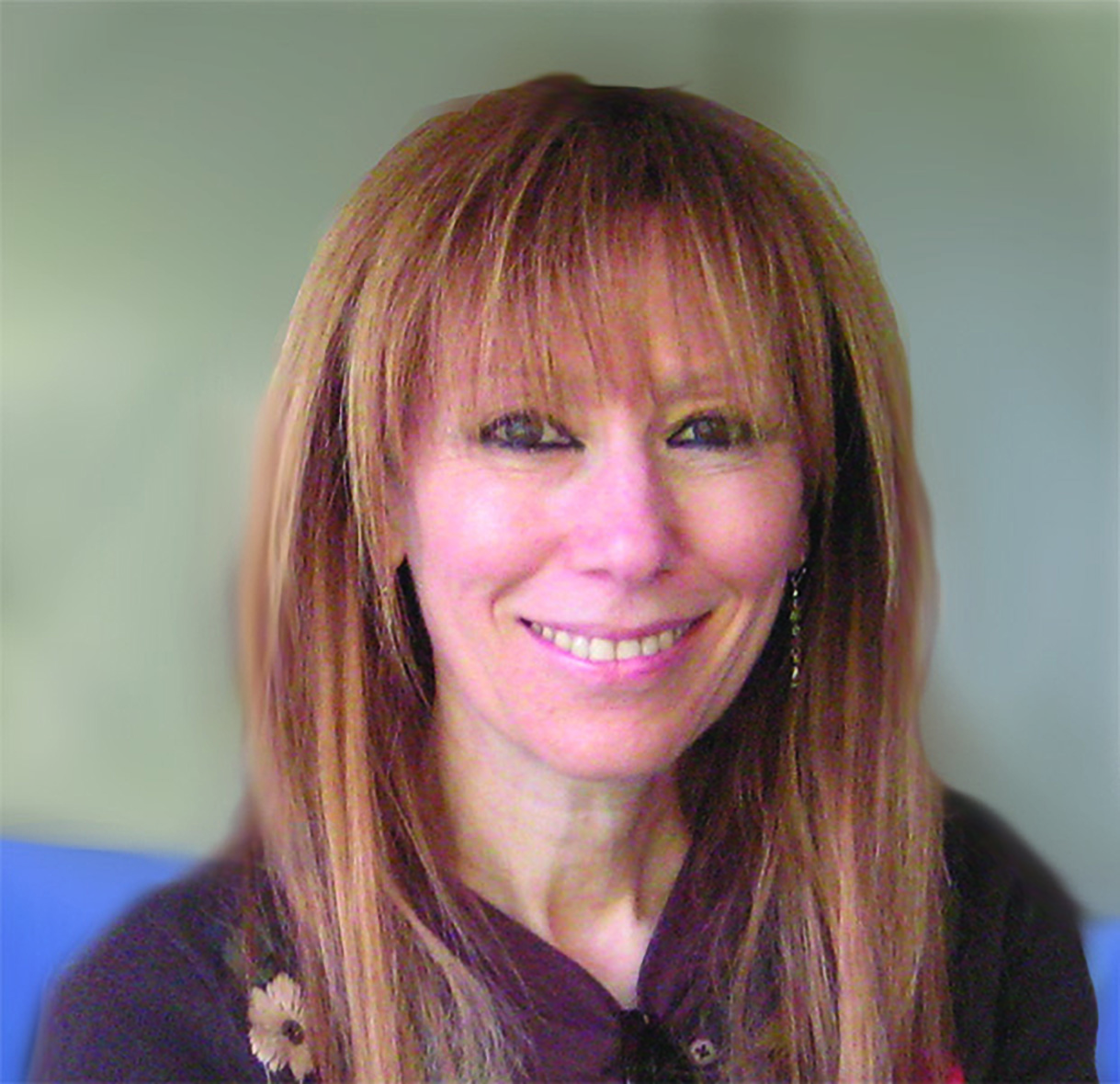
Marc Ellis’s death came as a profound shock to me because I have always relied on his presence in the world. I do not remember when or exactly where I first encountered Marc—we were friends and colleagues for over thirty years—but his work was known to me long before I met him, and it had an enormous impact on my own. Marc gave voice and substance to ideas and arguments that were, at the time he articulated them, dishonored and repudiated, especially within the mainstream Jewish community. He broke through an imposed silence that demanded conformity and obeisance and the punishment for doing so was often severe. Yet, Marc persisted undeterred and unbowed, and through his determined effort produced an invaluable body of work that transcended the boundaries of thought to which Jews had long been entangled and confined. He cast a desperately needed light on a principled way forward in a post-Holocaust age with Israel as its center.
In 2011, I invited Marc to give the annual Hilda B. Silverman Lecture on Israel-Palestine at the Center for Middle Eastern Studies at Harvard University. Below is an excerpt from his brilliant and courageous lecture, “Mourning for Jerusalem: The Jewish Prophetic and the Israeli-Palestinian Conflict,” which speaks to the core of his thinking, as relevant now—perhaps more so—as it was then:
Though mourning has turned some Jews toward power over others, it has also brought other Jews toward a deeper embrace of compassion and justice. Perhaps because of the breakdown of our self-identification as an ethical and just people, some Jews have thought again about what it means to be Jewish in the world. Thinking again has consequences. Sometimes it means being pursued by the Jewish establishment, defined broadly as those Jews in political, religious, economic, cultural and academic life who use the Holocaust as an instrument of Jewish ascendancy in the post-Holocaust/Israel oriented world. Over the years, the Jewish establishment has driven dissenting Jews into exile, maligning them with accusations of self-hate and bearing the stripes of encouraging another Holocaust. Who among Jewish dissidents has not been so accused? . . .
Strange how far Jewish thought has devolved, in our actions first of all, then in the defense of the actions that we know are wrong. The Constantinian formation of contemporary Judaism—in whose Golden Age we live—is militarized in ways unheard of since Biblical times. Even then there were prophets—what today I would call Jews of Conscience—who warned that the Constantinian path for Jews was death to our destiny as a people and death to a future that would only be exilic. . .
Constantinian Judaism meant then and means today a scattering of ethics and personhood that can only be recovered through justice, especially to our Other, the Palestinians. As it turns out, the Jewish Palestinian Other isn’t only Other but, through oppression and exclusion, is now and forever a part of our community as we are part of theirs. Could it be any other way? The violence against the Other ultimately means a new and expanded community where the Other becomes neighbor.
Over twenty years ago, I was asked by the Journal of the American Academy of Religion to review three of Marc’s books under the title “Searching for the Covenant: A Response to the Work of Marc H. Ellis.” I found much of what I want to say about Marc in this piece. Some slightly edited excerpts and ideas follow below.
In his work, Ellis takes us on an extraordinary journey that many, perhaps most, Jews (and Christians) would never embark upon on their own. This journey begins with his own profoundly committed life and those people who influenced it, but it then expands into a religious, philosophical, and political examination of Judaism and Jewish life (and Christianity and Christian life) after the Holocaust and following the creation of the state of Israel, two events of singular and defining importance in modern Jewish history. His journey is exilic—few among us would walk with him—and prophetic, often painful, sometimes wrenching, but so essential because Ellis forces questions on us that are seldom asked but which demand answers if Judaism and its ethical tradition are to survive, and the covenant is to be restored. These questions are many . . . and emanate fundamentally from the changing nexus of Jewish identity in the twentieth century: from a people victimized by a Europe that was Christian to a people in control of their destiny—and that of others—in a state that is Jewish. For Ellis, the imperative is reflection, not celebration.
At the heart of Ellis’s work is a concern with the moral end of Judaism and with the question, what does it mean to be Jewish and be free after Auschwitz and within a Jewish state that is empowered? With Israel, contemporary Jewish life has been framed by many realities, among them the struggle for rebirth after the Holocaust, remembrance of the Holocaust, and Jewish power and sovereignty. The latter, however, has a critical corollary: the displacement and oppression of the Palestinian people. Today, Jewish identity is linked, willingly or not, to Palestinian suffering, and this suffering is now an irrevocable part of our collective memory and an intimate part of our experience, together with the Holocaust and Israel. (668–69)
In this regard, Marc asks some questions few before him had the insight and courage to ask: How do we celebrate our Jewishness while others are being oppressed and now, slaughtered? Is the Jewish ethical tradition still available to us? Is the covenant present or absent in the face of Israeli cruelty and genocidal actions?
In posing these questions, Marc compelled Jews to ask another one: Are we seeking empowerment or renewal? If we are pursuing empowerment, then we must ensure that we remain blameless while causing suffering to others, where our innocence is restored as injustice continues. If it is renewal that we seek, then we can no longer accept injustice in defense of peace. For Marc, renewal was tied to repair, itself bound in the creation of a shared reality where, in his words, “distance becomes proximity and separation becomes embrace” (91). This is how our broken covenant can be reclaimed.
Given the unrelenting horror of the 2023–24 Israel-Gaza war, Marc’s entreaty seems impossible to imagine, let alone realize. Yet, it is more important now than ever before. As he did throughout his life, we, as Jews, must not accede to injustice, but must continue to resist and aspire to a world where, in Marc’s words, “affirmation is possible and . . . dissent is mandatory,” where our capacity to witness is restored, where we refuse to embrace actions we know to be immoral (123). The challenge, as Marc so often wrote, is fidelity—to our tradition—the prophetic—and to our values.
Marc taught me many things but if I had to summarize in one sentence all that I have learned and continue to learn from him, it would be this:
We cannot leave the world as it is.

